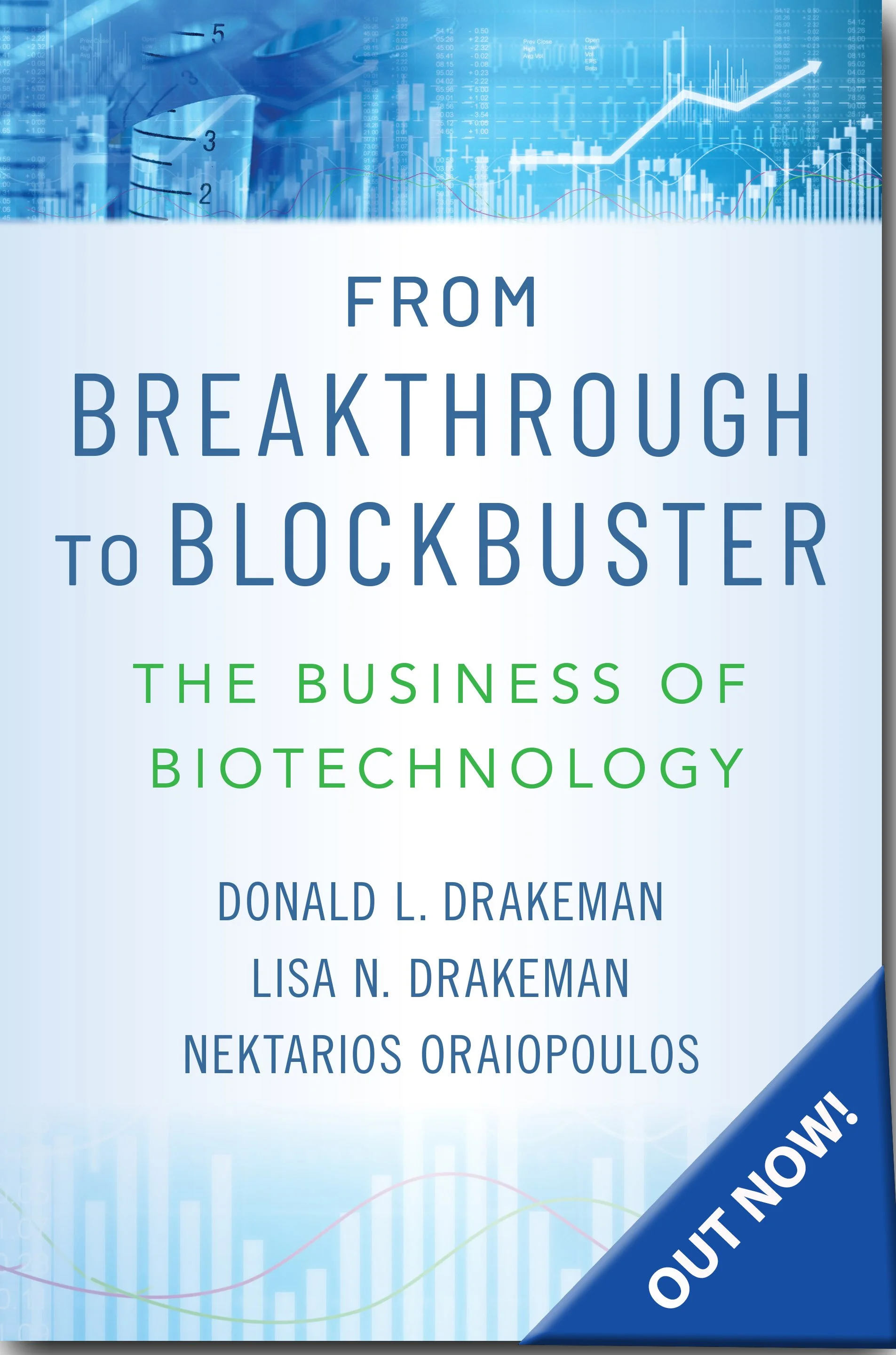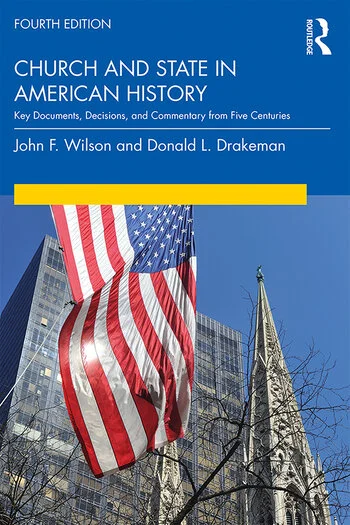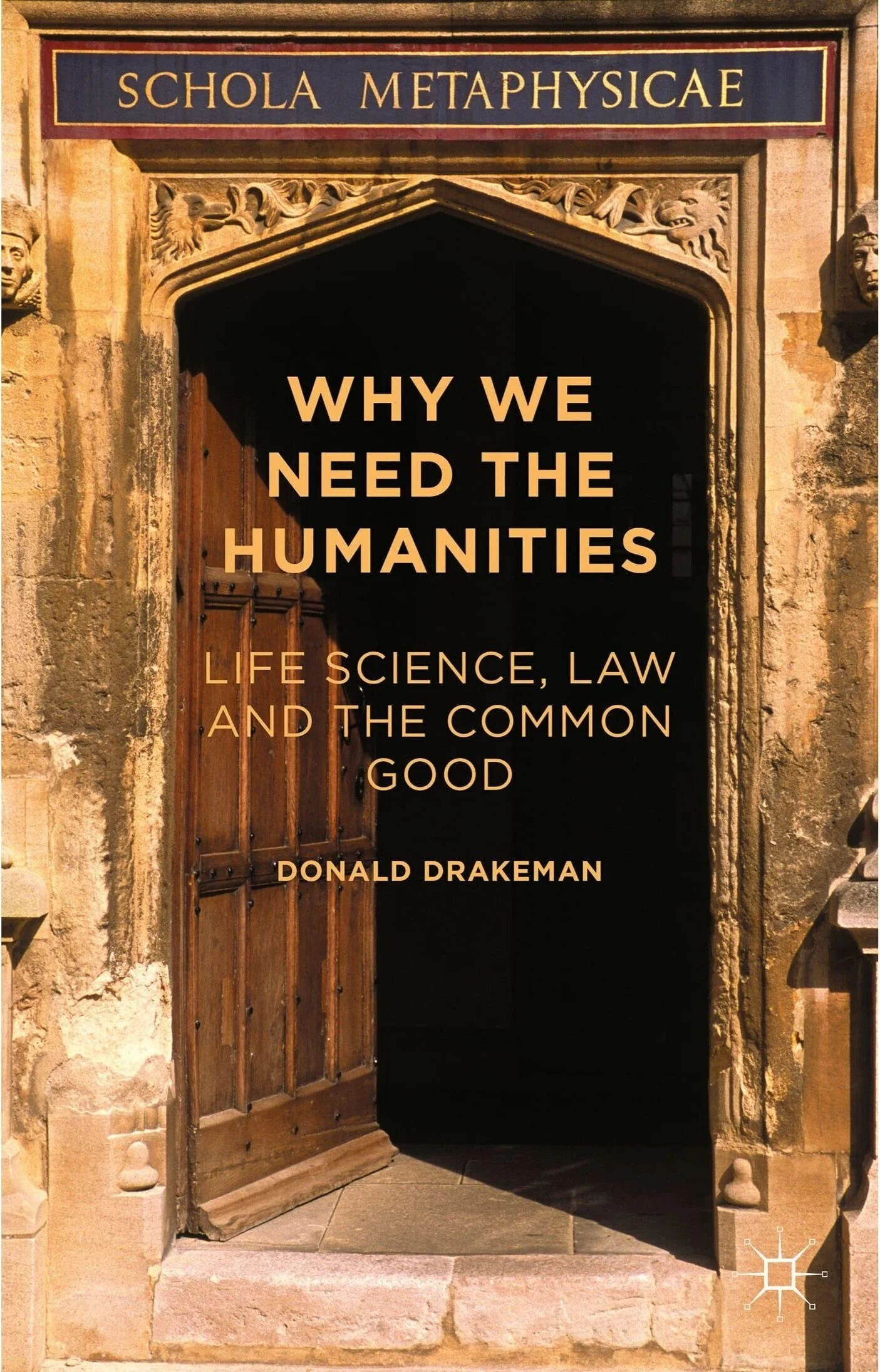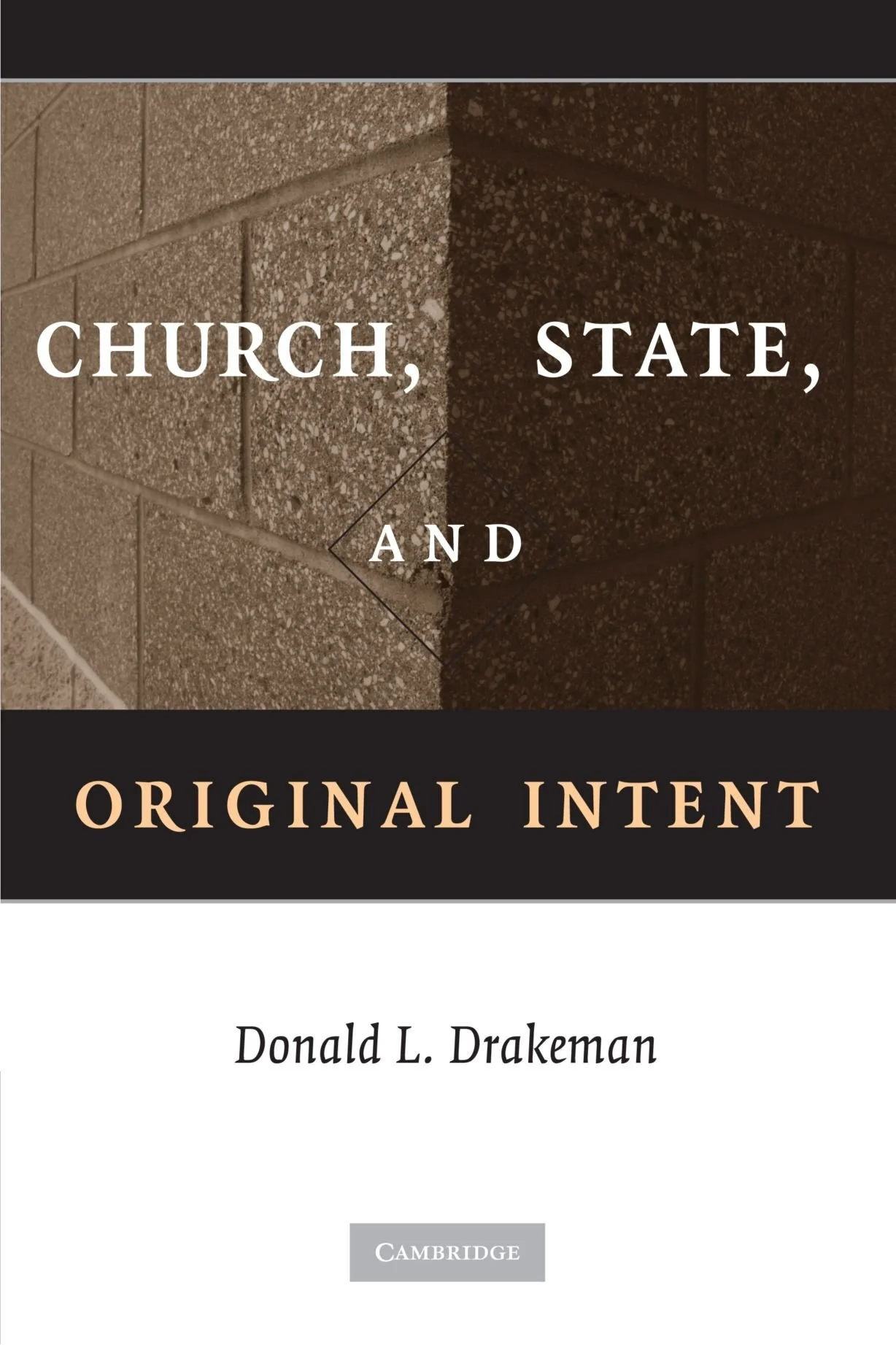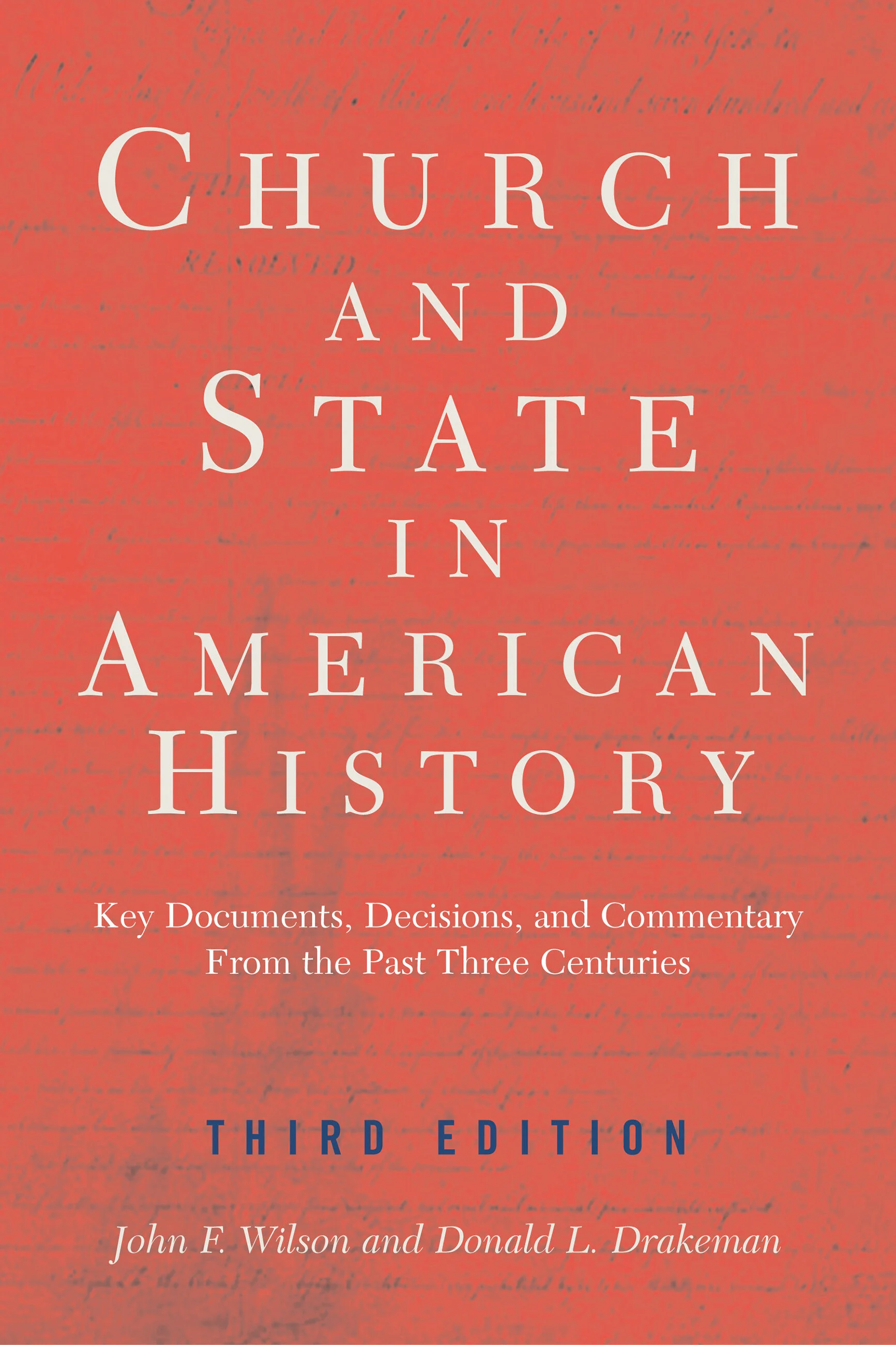From Breakthrough to Blockbuster: The Business of Biotechnology (Oxford, 2022) is an essential resource for students, scientists, investors, entrepreneurs, physicians, policy makers, and all others interested in how new medicines come into being, why the process is so breathtakingly expensive, and how small entrepreneurial ventures can compete in one of the world’s most expensive and heavily regulated industries. Beyond that, the account of how a vast collection of inexperienced, underfunded, and unprofitable small companies have created more life-changing new medicines than the largest global pharmaceutical firms is a David-and-Goliath story well worth reading.
Named a Business Book Top Title by The Financial Times.
The Hollow Core of Constitutional Theory (Cambridge, 2021) is the first major defense of the central role of the Framers' intentions in constitutional interpretation to appear in years. This book starts with a reminder that, for virtually all of Western legal history, when judges interpreted legal texts, their goal was to identify the lawmaker's will. However, for the past fifty years, constitutional theory has increasingly shifted its focus away from the Framers. Contemporary constitutional theorists, who often disagree with each other about virtually everything else, have come to share the view that the Framers' understandings are unknowable and irrelevant. This book shows why constitutional interpretation needs to return to its historical core inquiry, which is a search for the Framers' intentions. Doing so is practically feasible, theoretically defensible, and equally important not only for discovering the original meaning, but also for deciding how to apply the Constitution today. Learn More.
A Note from the Author
I am especially interested in scholarly research that can influence real life decision making.
Many of my writings relate to the history of church-state interactions in America, and how competing views of that history have influenced the Supreme Court’s interpretation of the Constitution. That work, in turn, led me to delve more deeply into how judges have interpreted legal documents throughout history, culminating in my most recent book on constitutional theory.
In parallel, much of my career was spent in the biotech industry trying to convert academic research discoveries into new medicines. That has led to an enduring interest in the question of how to maximize the success of the dauntingly difficult process of creating new treatments for life-threatening diseases. I have spent many years evaluating that question from both a practical and an academic perspective, leading ultimately to several FDA approvals and numerous publications — including a book recently published by Oxford University Press.
Viewing academia through a real world lens, and vice versa, has enabled me to see just how often the humanities have played an important, but not entirely visible, role in business, government, law and even science. I set out to shine additional light on some of those connections in a book and several articles about why we need the humanities.
Finally, a family interest in wine has led to a stream of research into what Dr. Ya-Yen Sun of the University of Queensland, Australia, and I have called “The Double-Edged Sword of Wine Tourism,” namely, the balances and trade-offs between the economic returns and environmental impacts of wine tourism that should be considered by the industry and policy makers.
A reasonable question for anyone interested in turning academic research into real world outcomes is, How is that going? The inevitable answer is that it is hard to measure, and always a work in progress. That being said, here are a few early returns:
The Supreme Court of United States has cited my church-state works several times, although a “But, cf.” reference in one case did not necessarily signal full agreement. Perhaps that is balanced, to some extent, by “persuasively argued” in another. One of my other church-state books has been cited by the Supreme Court of the Philippines.
Two of the new medicines developed by the biotech company I founded were recognized in the Nobel Prize for Physiology or Medicine in 2018 for revolutionizing cancer therapy.
The New Jersey Technology Business Tax Certificate Transfer Program, which I devised with two colleagues, has been credited with creating or saving many thousands of medical research jobs in its 20 year history.
Many of the themes of my research can be found in these short pieces:
An Establishment Clause Miracle Story, Law and Religion Forum (2020)
What is the Original Meaning of the Establishment Clause?, Starting Points Journal (2020)
Business Needs the Humanities to Succeed, Law and Liberty (co-author with Kendall Hack) (2020)
The Usefulness of Useless Knowledge, a review, Public Discourse (2016)
The Highly Useful Crisis in the Humanities, The Chronicle of Higher Education (2013)
The Carbon Footprint of Wine Tourism, Science and Wine (co-author with Ya-Yen Sun) (2020)
Recent Articles
Liberal Education and Citizenship in a Self-Governing Republic, Constantine Vassilliou and Donald Drakeman, Starting Points Journal, October 1, 2021.
"Some Second Thoughts About the Humanities" Donald Drakeman, Zygon Journal of Religion & Science, Volume 56.2, June 2021.
“The Double Edged Sword of Wine Tourism: the Economic and Environmental Impacts of Wine Tourism in Australia,” Ya-Yen Sun and Donald Drakeman, Journal of Sustainable Tourism, Volume 29, May 14, 2021.
“The Risk of De-Risking Innovation: Optimal R&D Strategies in Ambiguous Environments,” Donald Drakeman and Nektarios Oraiopoulos, California Management Review, May 18, 2020.
“Measuring the carbon footprint of wine tourism and cellar door sales,” Ya-Yen Sun and Donald Drakeman, Journal of Cleaner Production, Volume 266, September 1, 2020.
“Which Original Meaning of the Establishment Clause is the Right One?” in Breidenbach and Anderson, eds., The Cambridge Companion to the First Amendment and Religious Liberty, Cambridge University Press, 2020.
“Is Corpus Linguistics Better than Flipping a Coin?” Donald Drakeman, Georgetown Law Journal Online, Volume 109, Summer 2020.
“James Wilson,” in Dreisbach and Hall, eds., Great Christian Jurists in American History, Cambridge University Press, 2019.
Business Needs the Humanities to Succeed, Donald L. Drakeman and Kendall Hack, Law and Liberty, May 25, 2020.

